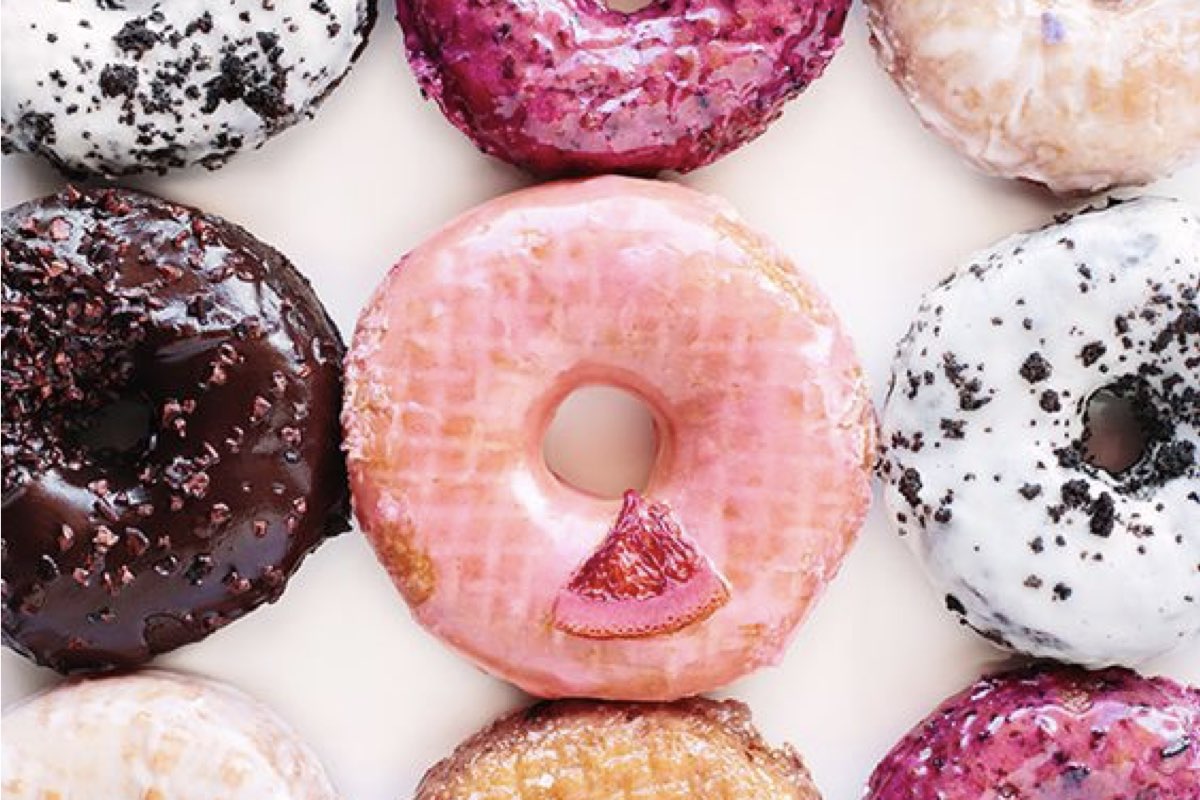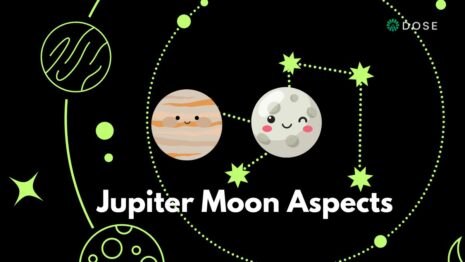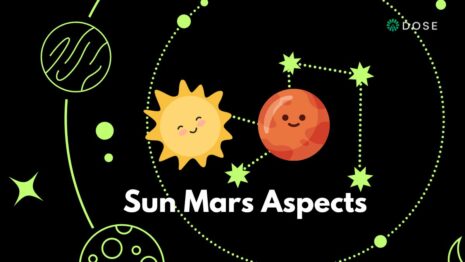Dopamine fasting is the latest Silicon Valley trend that encourages the abstinence of pleasure-seeking, stimulating behaviour. But can cutting out what brings us joy be any good for us? Dr. Cameron Sepah, Psychologist & Professor at UCSF Med School explains all…
In the age of the “attention economy”, many of us are highly overstimulated at best and addicted at worst to things that grab at our attention. Even worse, we don’t realize the extent—as I wrote, Americans spend a whopping 11 hours a day engaging with media of some kind! It’s unclear what the long-term implications of this overstimulation are on our brains, but in my private practice working with executive clients, I have observed that this interferes with our ability to sustain attention, regulate our emotions in non-avoidant ways, and enjoy simple tasks that seem boring by comparison. So what’s the treatment? First, let’s clarify the problem.
What is Dopamine?
Dopamine is the neurotransmitter in our brains that’s responsible for motivation and reward. To grossly oversimplify, dopaminergic drugs (e.g. stimulants such as Adderall, cocaine, & methamphetamine) act on dopamine receptors like a key opening a lock, and over time, down regulate these receptors, which makes us less sensitive to dopamine.
This results in using more and more of a stimulant to get the same effects, enabling the cycle of addiction. But even behaviours such as gaming or gambling can become problematic and addictive through the reinforcement that dopamine brings.
This is not to demonise dopamine; it’s an important brain chemical, and people who are low in it (whether naturally or by taking antipsychotic medications) can be lethargic and anhedonic (taking little interest of pleasure in things). Also, properly-prescribed dopaminergic medications can help people with ADHD & Parkinson’s improve their ability to focus and regulate their behaviour.
Rather, my point is that we may be getting too much of a good thing, especially when dopamine reinforces behaviours that are out of line with our values.
What is Dopamine Fasting & Why Do It?
Just as intermittent fasting has become all the rage in Silicon Valley, I am popularising “dopamine fasting” as the antidote to our overstimulated age. Dopamine fasting has precedent from psychiatric practice. As a clinical professor of psychiatry, my residents often prescribe stimulant medications like Adderall or Ritalin to patients with ADHD.
Patients are sometimes advised to take stimulants for the 5 days it helps them work/study, and take 2 day “drug holidays” over the weekend when it’s less important. Thus avoids building a tolerance to the drug, where the effects diminish and you increasingly need a higher dose.
Regardless of whether we are stimulating our dopamine receptors exogenously (from outside the body by taking a stimulant drug) or endogenously (from inside the body, by engaging in a stimulating behaviour), the same principle applies. To be clear: the goal is not to achieve a no/low dopamine state! Rather, taking a break from behaviours that trigger strong amounts of dopamine release (especially in a repeated fashion) allows our brain to recover and restore itself.
Most importantly, dopamine fasting is training yourself to have more control and flexibility over whether or not you engage in a behaviour when you need to (e.g. choosing not to procrastinate when you have a deadline).
So let’s dive into the 6 types of behaviours that I recommend dopamine fasting from.
What to Dopamine Fast From?
In my clinical experience, I find the behaviours that are most problematic/prone to addiction are:
- Pleasure eating
- Internet/gaming
- Gambling/shopping
- Porn/Masturbation
- Thrill/novelty seeking
- Recreational drugs
This list is neither inclusive nor exclusive. I’ve seen versions of “dopamine fasting” that say absolutely no digital devices, but I find this to be missing the point. For example, browsing compulsively through various articles on your phone can definitely be addictive, while reading a single book on a Kindle Paperwhite device (which has no options for distraction) is probably fine. To decide what to fast from, simply regard whether it’s highly pleasurable or problematic for you, and thus you may need a break from.
Dopamine Fasting Schedule
A suggested schedule for dopamine fasting is as follows:
1-4 hours at the end of the day (depending on work & family demands)
1 weekend day (spent it outside on a Saturday or Sunday)
1 weekend per quarter (go on a local trip)
1 week per year (go on vacation!)
Again, these are guidelines, not strict rules. If it’s easier to start by dopamine fasting for 1 hour a day (vs. 4 hours a day), then go for it, and then try to ramp up to what you’re willing to do and sustain long-term (e.g. 2 hours/day). Perfect is the enemy of good. So like Nike: just do it. Let’s now tackle each of the six major vices in turn:

1. Pleasure Eating
It’s easier to be completely abstinent from recreational drugs, since they are not absolutely necessary to live or work. However, food is much trickier, since we obviously need to eat to sustain ourselves. Those those who are already doing intermittent fasting (IF; such as where you eat for 12 hours and fast for 12 hours) or extended fasting (where you fast for 1-5 days), it’s very easy to incorporate into dopamine fasting. For example, the 4 hours of dopamine fasting + 8 hours of sleep = 12 hours of intermittent fasting that doesn’t include food.
For everyone else, it’s fine to eat healthy foods during a dopamine fast, just avoid those that tend to be highly rewarding/addictive. In my clinical experience, these are ultra-processed foods with added ingredients that make them very:
Sweet (sugar-sweetened beverages)
Salty (pretzels)
Savoury/Spicy (flaming hot Cheetos/Doritos)
Combination of carbs + fat (buttered popcorn, mac & cheese)

2. Internet/gaming
The internet is hard to avoid given how connected school/work is, so the goal is to compartmentalise it to within 12 hours, so your brain can take a break for the remaining 4 hours of the day and pursue valued activities instead.
Generally speaking, avoid anything designed by a company (movies/television) or involves frequent input (social media scrolling/clicking), since products such prioritise user engagement not user well-being. While the internet can be a great learning tool, the constant attentional switching (and thus dopaminergic firing) from social media, articles, forums, games, etc. is what’s problematic. As mentioned, reading a book on a non-distracting digital device is fine.

3. Gambling/Shopping
These two behaviours are actually more related than people realise, given they involve repeatedly spending money in order to purchase a large payoff. They can be considered male and female cousins since more men like to gamble, and more women like to shop, though these stereotypes are increasingly blurring as traditional norms break down. In any case, any form of gambling and non-utilitarian shopping (for staples) should be avoided during a dopamine fast.

4. Porn/Masturbation
There’s nothing intrinsically wrong with occasional porn viewing or masturbation for the person doing it (leaving aside the social implications for now). But the issue is more around how they are used. For some people, these behaviours can become problematic and compulsive and thus benefit from dopamine fasting.
Sex is a trickier behaviour to include in a dopamine fast given there’s another person involved, and thus may be hard to schedule. Thus, I’d suggest it’s fine to have sex if you can’t do it another time AND it’s done in a fulfilling way with a regular partner. Americans are generally starved of physical intimacy, so values-aligned sex is a healthy behaviour worth making an exception for (just as when I’m treating insomnia, I tell clients that sex is the only activity allowed in bed besides sleep, to promote sleep hygiene). Random Tinder hookups are obviously discouraged during a dopamine fast, as they can be impulsive/compulsive sexual behaviour.

5. Thrill/novelty seeking
Psychologists call this “sensation seeking”, the public calls it getting an “adrenaline rush”. These behaviours can also take more subtle forms such as seeking novelty, complexity, & intensity (like watching a psychological thriller or horror movie).
An easy rule of thumb is if it elicits an emotion that is high energy/arousal AND very positive negative in quality/valence (such as euphoria or fear), then consider abstaining from it during a dopamine fast.

6. Recreational Drugs
Obviously abstain from recreational drugs during a dopamine fast, but that also includes alcohol and caffeine, which most people don’t consider to be drugs because they’re socially de-stigmatised, but can absolutely be physiologically addictive. This also has the added health benefit of significantly improving your sleep quality if you avoid it in the 4 hours before your bedtime.

But I don’t have time/can’t avoid checking my phone!
If you can’t fit your work/pleasure into 12-15 hours/day, I’d argue that you (who are not clinicians on call or first responders) are not very good at managing your time & energy. Learn to follow the 80/20 rule of figuring out what 20% of your behaviours are getting 80% of your results in order to figure out what to eliminate or delegate.
Forcing yourself to engage in “time-restricted pleasure” also makes you procrastinate less and better manage your time and energy, because you have to be efficient within that window.

What Should I Do Instead?
You don’t need to “do nothing” or meditate during a dopamine fast (unless you’d like to). Just engage in regular activities that reflect your values:
– Health-Promoting (exercise, cooking)
– Leading (helping, serving others)
– Relating (talking, bonding over activities)
– Learning (reading, listening)
– Creating (writing, art)
What’s Wrong With Fun & “Dopamine Binges”
The point of dopamine fasting is not to encourage monasticism or masochism, Fun, enjoyment, and aesthetic appreciation are an important part of life (though most of us could use less flattering social media and more fulfilling sex, which would honestly make us a lot happier).
Hormesis is a concept from toxicology where taking a substance in low doses may make us less susceptible/resilient to it over time. For example, being exposed to an allergen as a child may actually make you less allergic later in life. Similarly, it’s reasonable to have responsible “dopamine binges” once in a blue moon (obviously in a way that doesn’t incur long-term health, relationships, or legal issues). That helps reinforce the lesson that these behaviours aren’t inherently problematic, but it’s the habit that’s the issue. So practice flexibility regarding fasting itself in order to reset from resetting.
By Dr. Cameron Sepah – follow on Linkedin
Liked this article on “What is ‘Dopamine Fasting’ and how can it make us happier?” Read “Dopamine-rich comfort foods”.
Get your weekly DOSE fix here: SIGN UP FOR OUR NEWSLETTER
FAQ
How long should dopamine fasting last?
There is no set time for dopamine fasting, but it is recommended to start with a few hours and gradually increase to a full day or weekend.
What are the benefits of dopamine fasting?
Dopamine fasting can help reduce addiction, increase focus and productivity, improve mood, and enhance overall well-being.
Is dopamine fasting scientifically proven?
There is limited scientific research on dopamine fasting, but some studies suggest that it can have positive effects on mental health and behavior.
Is dopamine fasting safe for everyone?
Dopamine fasting may not be suitable for individuals with certain medical conditions or those who are pregnant or breastfeeding. It is important to consult a healthcare professional before trying dopamine fasting.
















